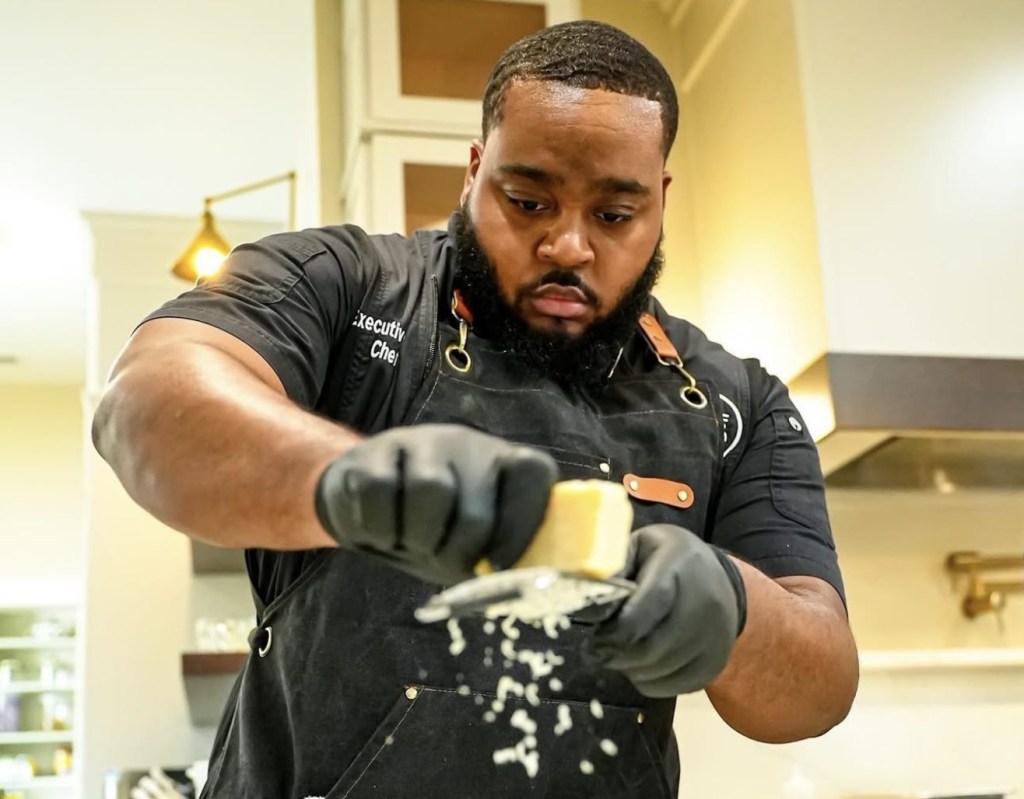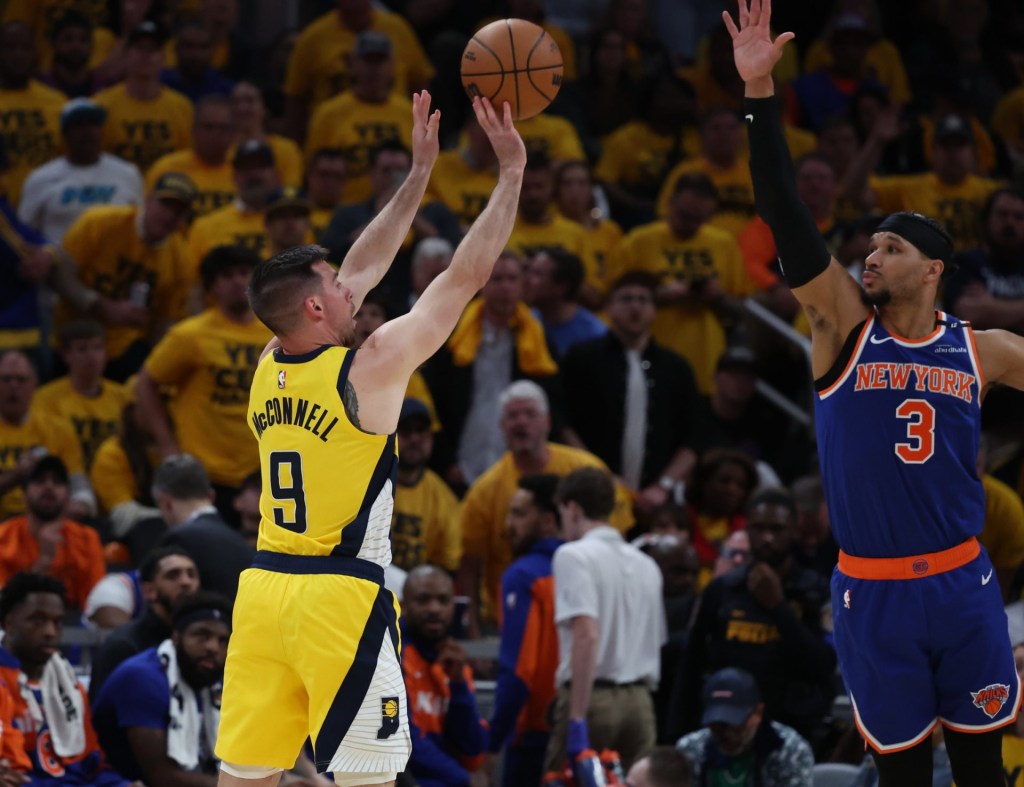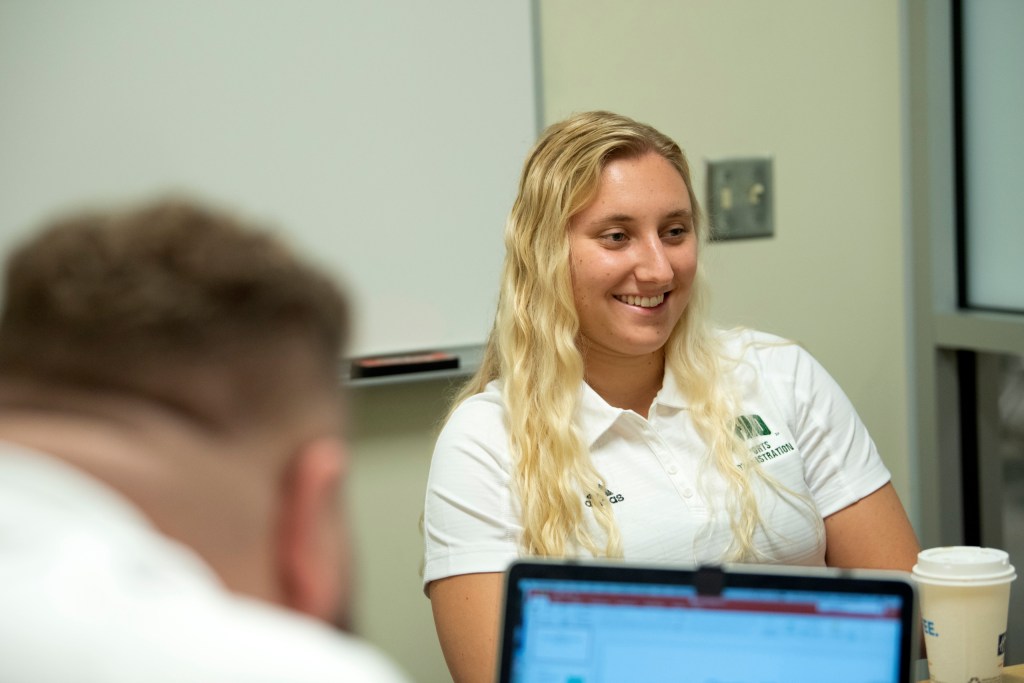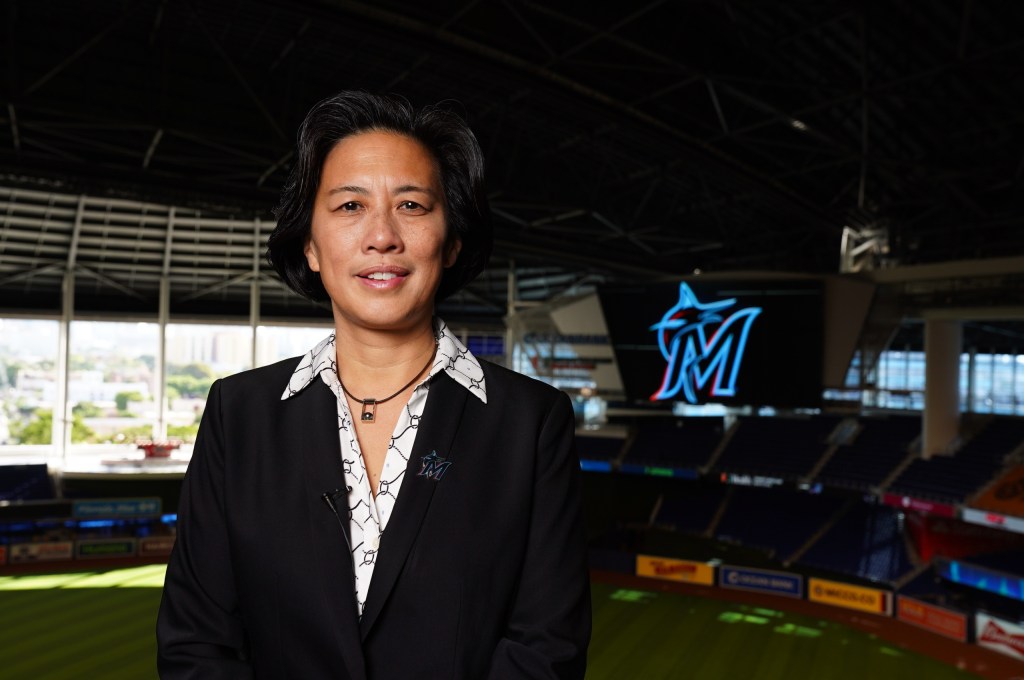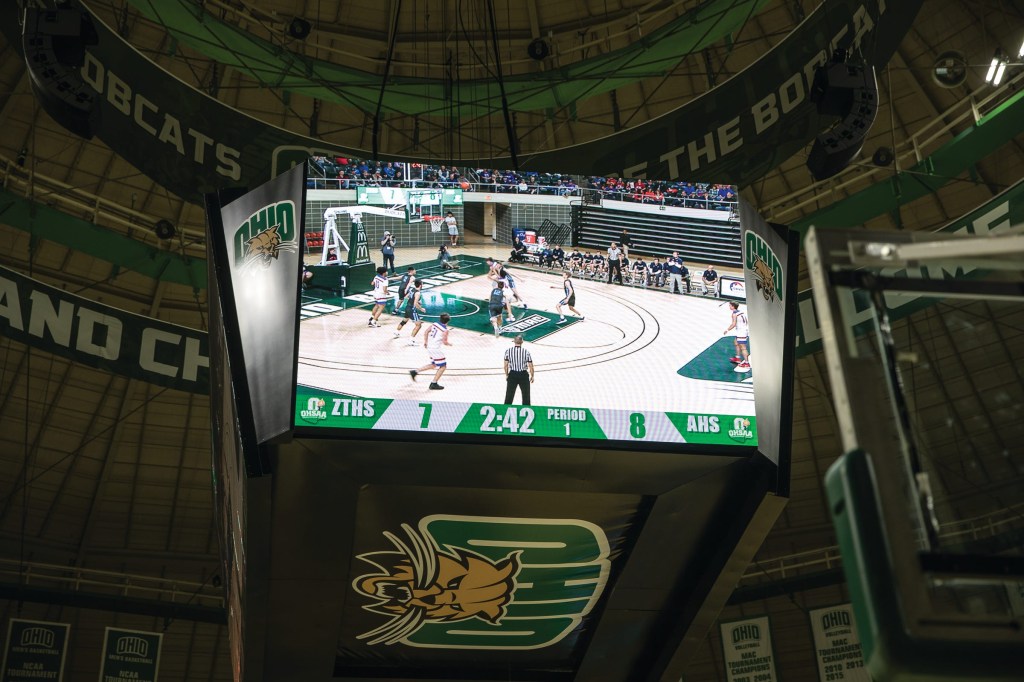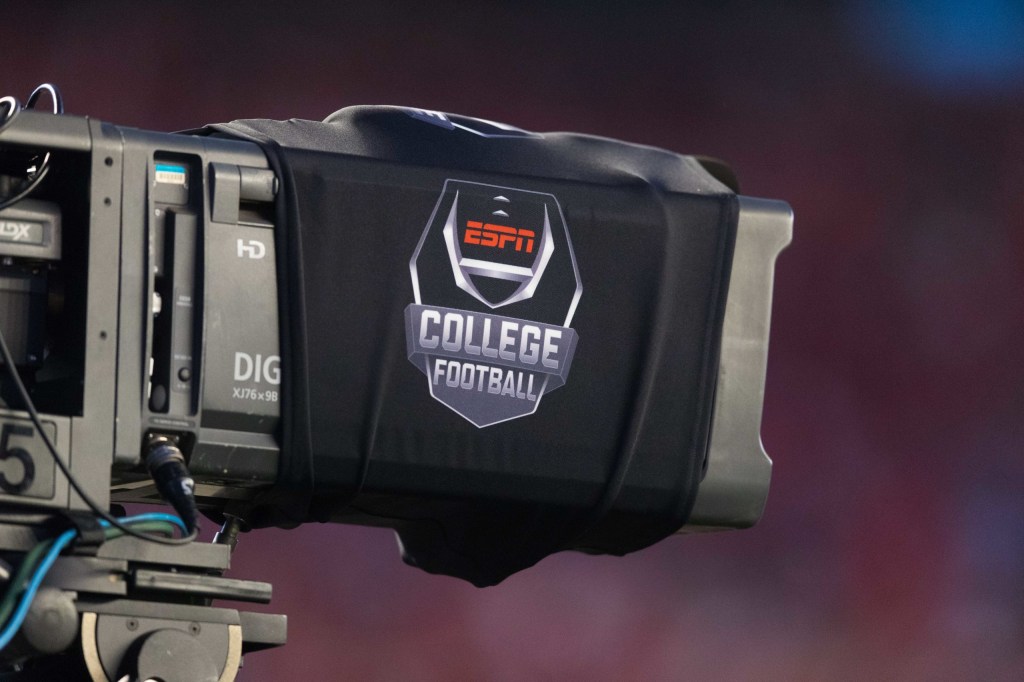If you’re looking for an internship, be sure to look for these traits.

Internships in the sports industry come in all shapes and sizes. Between organizational structure, responsibilities and size of the department, there are many factors that mold and shape the internship.
However, there a few common traits that exist in an internship that make it inherently successful. Here are three important characteristics of a successful sports internship:
Engaging Work Culture
Organizations that invest in their culture do so by keeping their employees in mind. Incentivizing performance and fostering creativity help employees to make their contributions feel valuable. The more ways that a front office can involve their employees, the more open an organization will be to expanding their ways of operating.
Another way that an organization can improve culture is by promoting teamwork across departments. By allowing different departments to work more proactively towards a common goal, it can help to increase morale and build familiarity and unity. Lorne Segall, the Program Director of the Manhattan Sports Business Academy (MSBA), expressed the usefulness of working amongst different departments.
“We find some of our most impactful internships to be ones where organizations have a cross-departmental approach to their own internal program. Internships are grounds for learning, why limit it to one department? Understanding the cross-functionality and collaboration between different business units provides students with a more holistic approach as to how everything actually comes together. We find this accelerates the learning curve of our students. Now they can approach problem-solving from a multitude of ways as opposed to a narrowed focus, allowing them to stand out amongst their peers.”
As the intern receives more exposure to different ways of thinking, their ability to problem-solve increases as they are aware of alternative solutions.
Path to Growth
A quality organization will be up front with an intern by defining roles and responsibilities early on. The intern should know what is expected of them early on. However, while the onus needs to be on the intern to strive to learn as much as they can from their experience, a quality organization will help with further developing and growing the intern.
There needs to be a mutually agreed upon understanding between the organization and the intern to figure out how to help the intern get the most out of their internship. The dialogue needs to be consistent as the intern should feel comfortable communicating with his/her superiors when it comes to seeking out additional help.
“Communication is key — be vocal with your superior about the skills you want to develop and how the takeaways from this experience build into your overarching career ambitions,” says Segall. “If they are genuine in their desire to help you, you’d be amazed at the specific exposure they’ll provide and guidance they’ll share”
Constructive Criticism
Quality internships should feature a healthy mix of “hands-on” support as well as a “hands-off” approach to allow interns to fail/succeed on their own. Striking the ideal balance is difficult.
Segall mentions that it is a process of constant self-awareness: “You’ll most likely fail once during your internship. what happens after is crucial. Is there someone there to right your wrong and show you how to not make the same mistake twice? Or are you left to fend for yourself and figure it out on your own? It takes a certain self-awareness to understand which situation suits you best — make sure you have a sense of this answer before jumping into an important role.”
Once the proper give-and-take has been established, an intern can really flourish knowing that they have a built-in support system in place for them.
No internship is perfect. Changes will continue to be made in order to provide wholesome experiences for the next wave of sports business personnel. As there are numerous factors to consider and refine, a genuine work culture, organization structure committed to growth, and an open system of communication will allow for both interns and organization to continue to improve.
This piece has been presented to you by SMU’s Master of Science in Sport Management.
Front Office Sports is a leading multi-platform publication and industry resource that covers the intersection of business and sports.
Want to learn more, or have a story featured about you or your organization? Contact us today.



